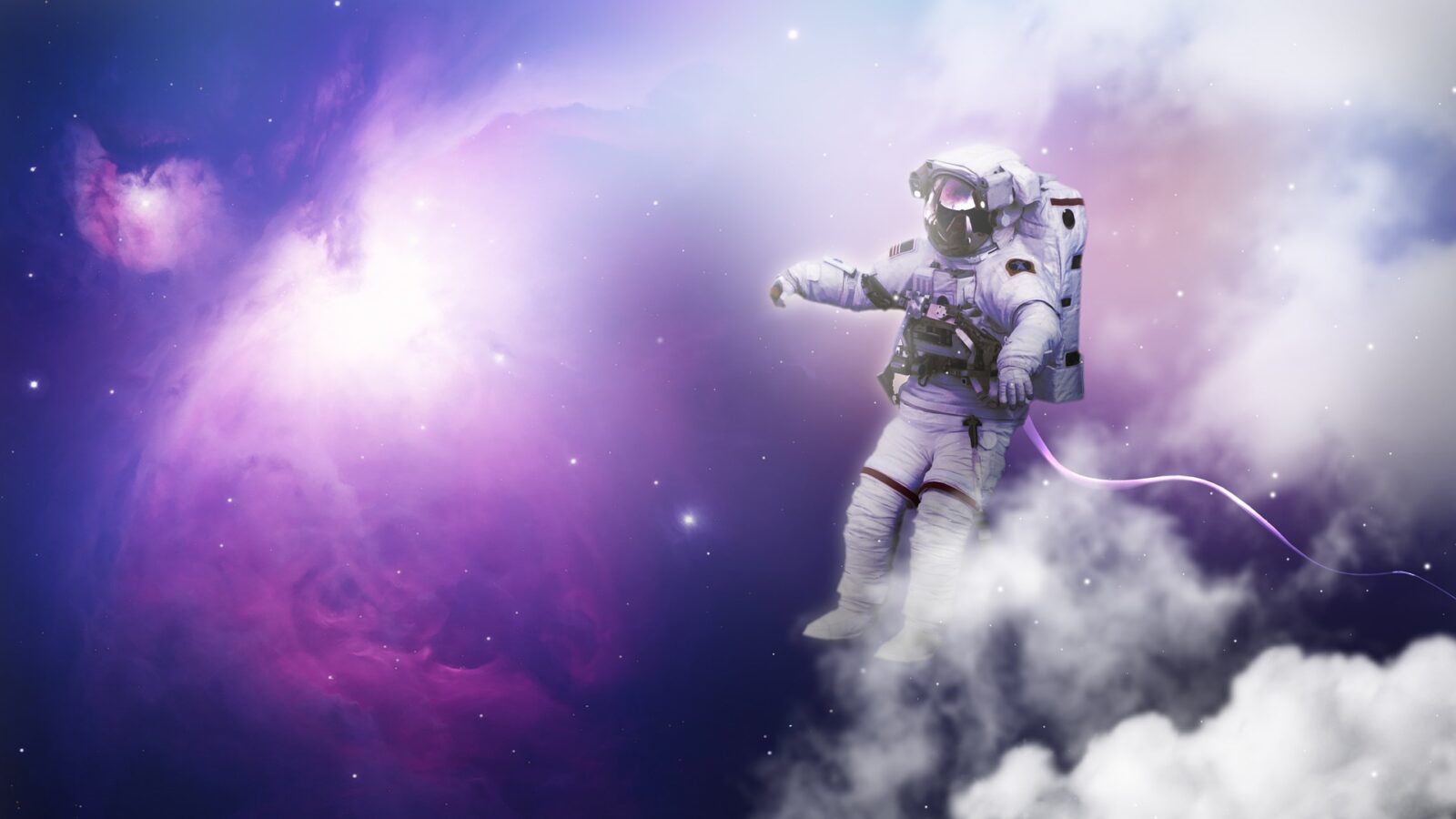Health in Space – The effect of space on human physiology
Maria Lissner, TUD, Institute for Lightweight Engineering and Polymer Technology; Stephen Harrdige & Ross Pollock, King’s, Centre for Human & Applied Physiological Sciences
Research area: Physiology & Engineering
Mankind has been fascinated for decades by the idea of exploring the space. Be it the motivation to establish a base on the moon or is it the vision to land on Mars. Especially Mars as a planet similar and relatively close to our own planet is appealing for scientific exploration and human settlement. It is because of those similarities that investigating Mars more thoroughly would allow for a better understanding of the Earth and other planets in our solar system. However, in order to perform successful exploration missions we have to focus not only on designing functioning equipment but also and more importantly on understanding the impact the harsh space environment has on the human body. Understanding how human physiology is affected by space and different gravity fields is important for guarantying the astronaut’s safety and having them perform a successful mission. Unfortunately, there is still a lack of reliable and necessary data on physiological measurements in space. Hence, much more research needs to be done. Therefore, Maria Lissner (TUD), Stephen Harridge and Ross Pollock (King’s) aim at establishing a new research group in order to lay the foundations for understanding human physiology in space-related environments through international collaboration among transCampus partners.


